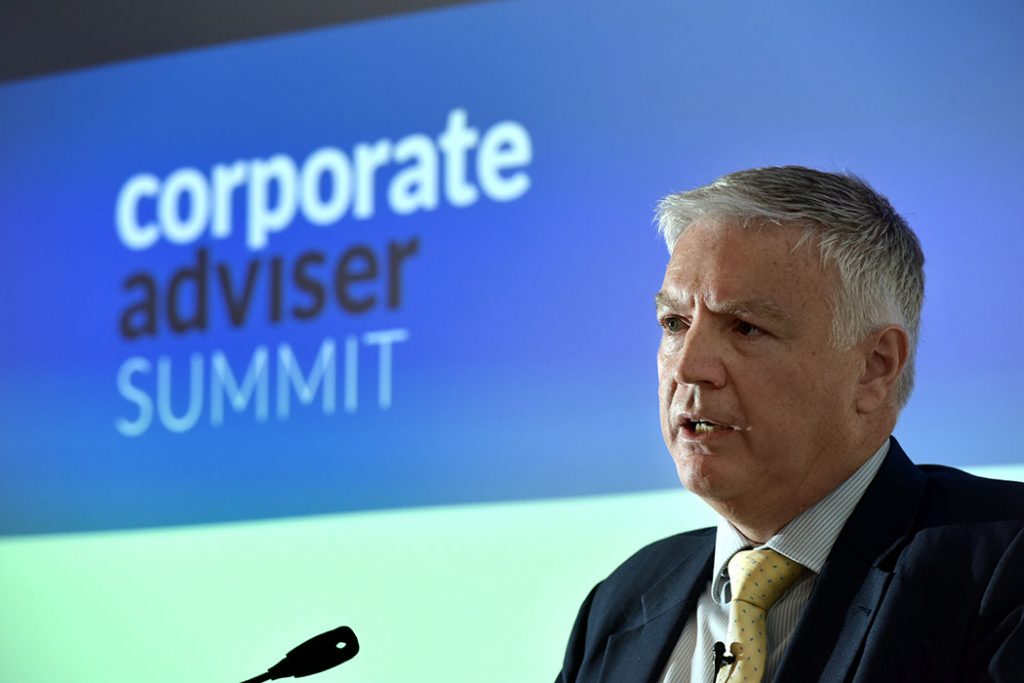The largest master trusts are all expected to gain full authorisation within the next six months, according to The Pensions Regulator.
In a keynote speech at the Corporate Adviser summit 2018, TPR executive director of regulatory policy, analysis and advice, David Fairs says: “I am confident that the largest master trusts schemes will make it through the authorisation process”.
He added that the majority of workplace pension savers are in five or six of these largest trusts, and he did not anticipate any of these failing to get authorisation.
Fairs confirmed that around 30 master trusts had confirmed that they would not be applying for authorisation. Around 18 trusts were “moving forward” with this authorisation process, he said, leaving around 58 master trusts in the mix.
Fairs says that some of these 58 were unlikely to gain authorisation during the next six months, as the TPR imposes stronger regulation and ongoing supervision.
However he says that there was likely to be sufficient market capacity to take over and absorb these failing schemes, reducing the changes of a ‘cliff edge’ exit in six months time – when all trusts must be fully authorised by the TPR to continue business.
Fairs says that the TPR would be releasing details of master trusts that had gained authorisation in batches over the next few months. He says there is some perceived advantage to those gaining authorisation first. For this reason the regulator said it made sense to take a more phased approach to announcements.
Fairs says there were no plans at this stage to release details of schemes that have failed, until sufficient plans had been put in place to takeover the scheme.
Fairs says that the standard of authorisation “has been wildly variable” . Some schemes who have applied for pre-authorisation has sent documentation that is “almost there” he says, while others have a lot more work to do.
“In contrast others have sent what appear to be bundles of random paper with the assumption that the answer is there is we look for it. It is often not there.”
He adds that while there is the assumption that some schemes are trying “to make fools of us”, most have welcomed the “long and very detailed feedback” that has been given as a result.
